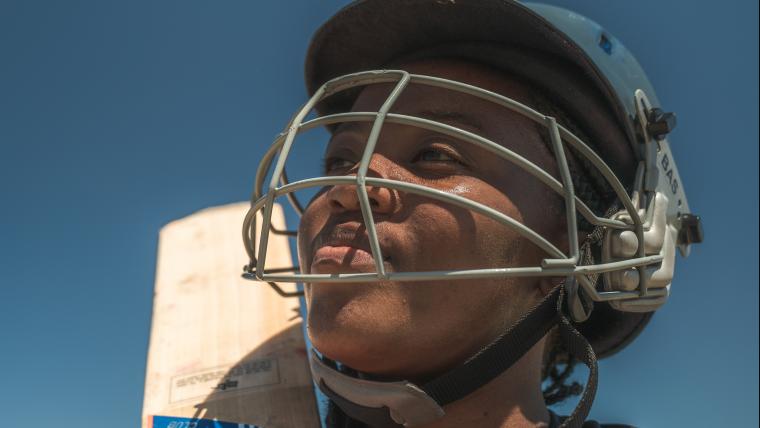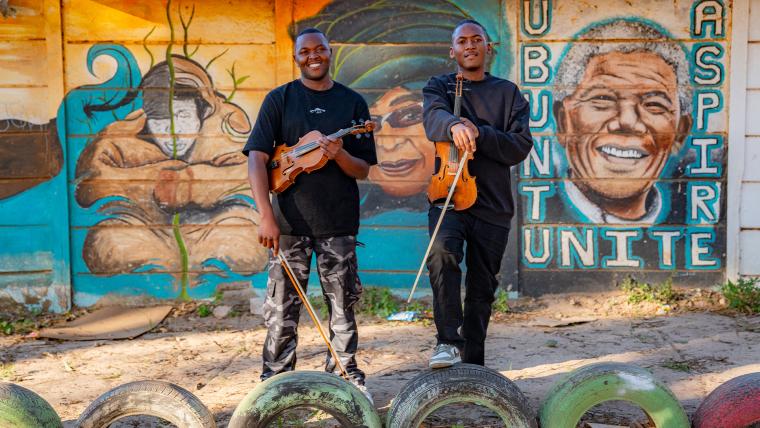
Flipping mindsets and finding freedom in the skate park
Nqobile Shinga steps onto the ramp, his skateboard in hand and his mind clear. He sets it down, climbs on and pushes off. The wheels whirr as he begins his daily practice. In Isithumba, deep within the Valley of a Thousand Hills, the sound breaks the rural tranquillity. “You don’t need to think twice. You just have to say, ‘ok I can do this’, and then do it,” he explains.
Skateboarding is more than just a hobby for Shinga and the youth who show up at Indigo Skate Camp every day. Constructed in 2002 by South African skateboarding champion Dallas Oberholzer, the skate park brings the sport to rural youth and gives people from all backgrounds an equal chance of success. While the elders in the community haven’t always been supportive because of their fears around safety, Shinga is assertive about the positive change that skateboarding has brought to the lives of the youth. “In this community, we don’t have kids that do drugs,” he says. “It’s because of this park, they don’t have time to do drugs.”
The skate park has given the youth a place to meet, created a community around a common ambition, and provided an alternative future for them. It’s no wonder that Shinga feels the way he does about it. “Skateboarding is my life, it’s what I do,” he says. “When I’m at the top I just feel free.” But before he even attempts to go pro, Shinga wants to commit to being a role model to the younger kids in his community. “I come here every day,” he says. “I share my stories with them when the coaches are not here. It’s where they earn our trust.” Shinga often encourages community members to join, knowing how much a few minutes on a board can do for them. His advice to those wanting to begin is straightforward: “You must know your worth and have self-confidence.”






























Please sign in to leave a comment